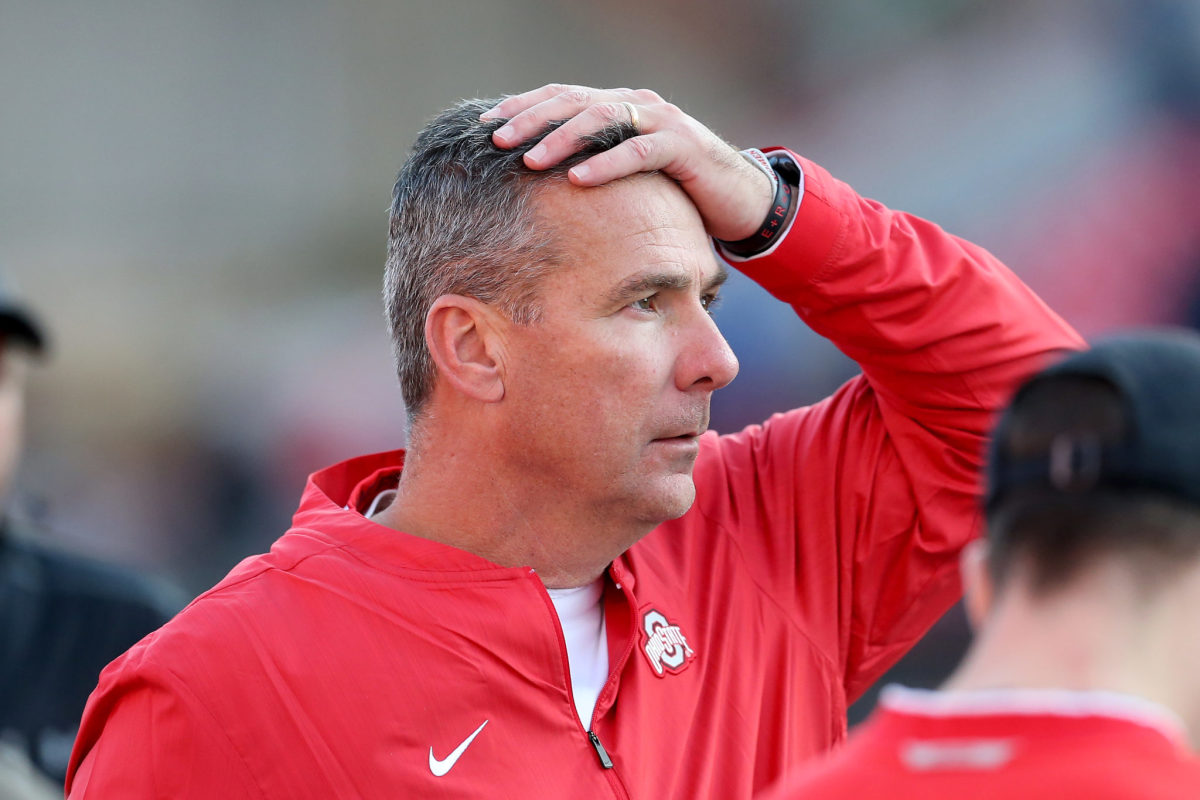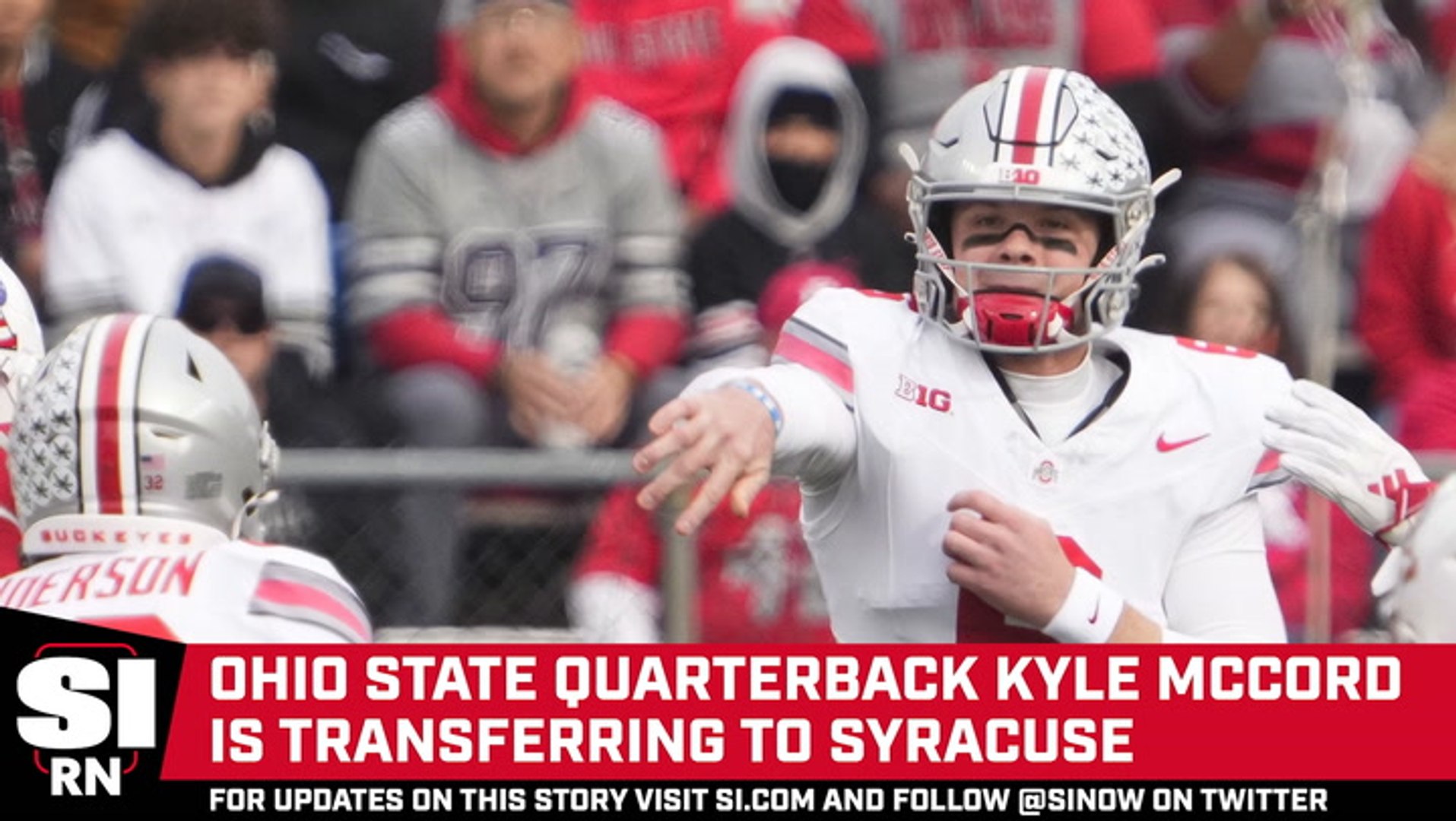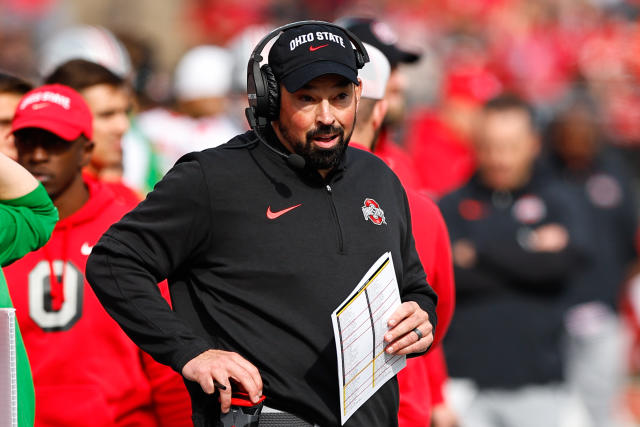A legislator in Ohio wants to prohibit public universities from exclusively offering sports on streaming services.

COLUMBUS, Ohio (Statehouse News Bureau) — The Democratic state senator whose district includes Ohio State University’s main campus in Columbus is so frustrated that this past Saturday’s Buckeyes football game was exclusively aired on a streaming service that he’s planning to sponsor a bill to ban that in the future.
Like many who tried to watch Ohio State football this weekend, Sen. Bill DeMora (D-Columbus) isn’t happy.
“I know I’m upset as a Buckeye fan, and I know that all my constituents are upset,” DeMora said.
Ohio State games are usually available on local broadcast networks, on ESPN or the Big Ten Network. But Saturday’s OSU-Purdue game was streamed only on Peacock. That sparked DeMora’s interest in sponsoring a bill to stop Ohio’s public colleges and universities from airing sports events only on streaming platforms.
“Let’s face it – it’s the greediness,” DeMora said. “They sign this billion-dollar TV contract so they can have all these networks cover their games, and they forget about the little guy when this game when the network team is not important enough.”
DeMora said he was concerned not just about the fans who weren’t able to see the game, but about the impact on bars and restaurants that rely on the ability to show OSU games on Saturdays in the fall.
One well-known OSU bar said it would cost them $3,600 to stream the game, and fans had to pony up $5.99 for a household subscription to watch the game.
“It’s disappointing for my constituents and for Ohio State fans and for everybody in Franklin County, the state of Ohio to be blackmailed to sign up for a streaming service or you can’t get to watch the game because your local bar might not be able to afford the thousands of dollars to pay for just one game,” DeMora said.
DeMora said Ohio State doesn’t control its contract like Notre Dame does. But he said OSU has so much clout that it could demand no streaming services in its Big 10 broadcast contract, valued at $10 billion over the next seven years.



